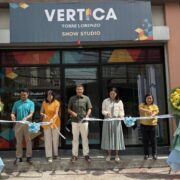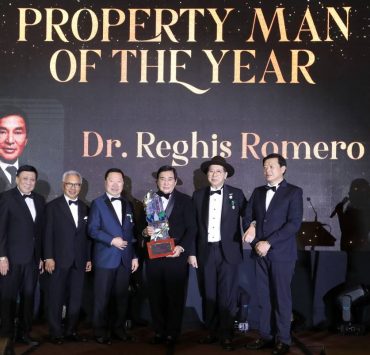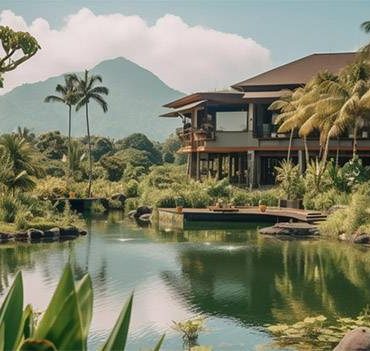Palafox pushes for a First World Philippines by 2050
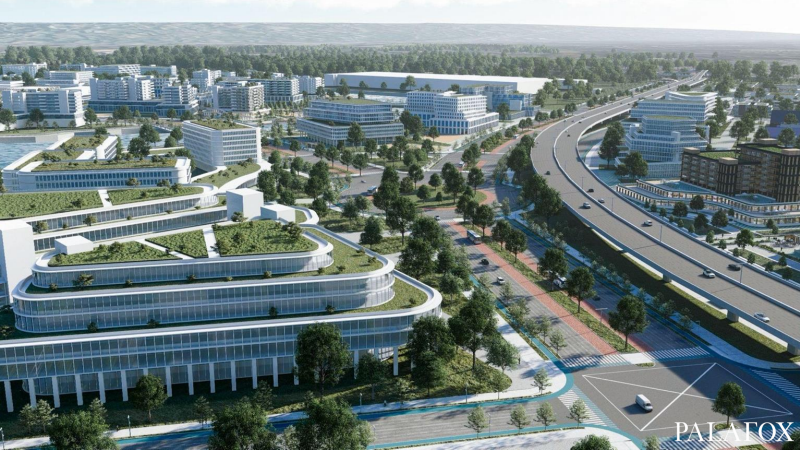
It’s an ambitious call to action—a bold vision that dares to dream of a Philippines transformed.
With an illustrious career spanning 52 years with 1,800 projects in 40 countries covering 54 billion sqm of land area and 20 million sqm of building floor area, Architect Felino “Jun” Palafox Jr. is now gearing to undertake a much bigger “project” that seeks to enjoin the entire nation toward a lofty goal.
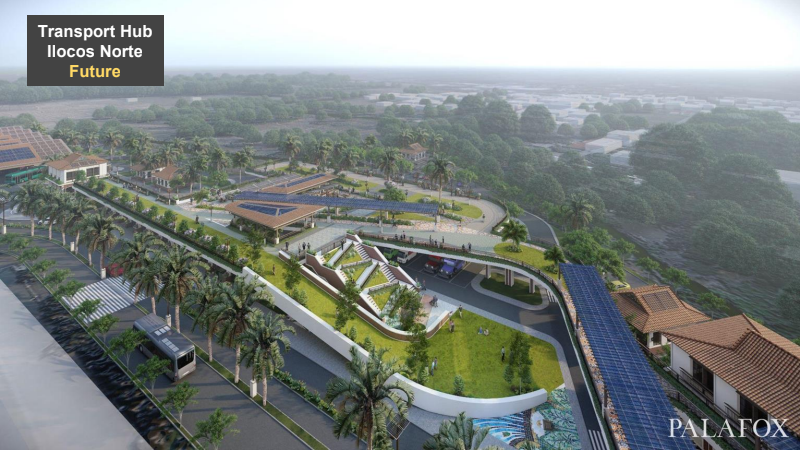
‘Transformative blueprint’
This world-renowned architect, urban planner, environmental planner, lecturer, thought leader, and author recently launched his advocacy dubbed “Philippines 2050: A First World Country, A First World Economy”, which aims to engage the government, the private sector, environmental advocates, civil society, and the Filipino people to collectively push and position the Philippines as a competitive country with a robust economy.
Palafox calls it a “bold and transformative blueprint for the nation’s future”.

It will be spearheaded by his eponymous architectural and design firm PALAFOX, which is also celebrating its 35th anniversary this year.
16th largest economy
The advocacy of Palafox is based on a prediction made by international bank HSBC more than a decade ago—that the Philippines will leapfrog to become the 16th largest economy by 2050 based on fundamentals such as income per capita, rule of law, democracy, education levels, and demographic change.
This push for a “First World Philippines” isn’t entirely far from his business.
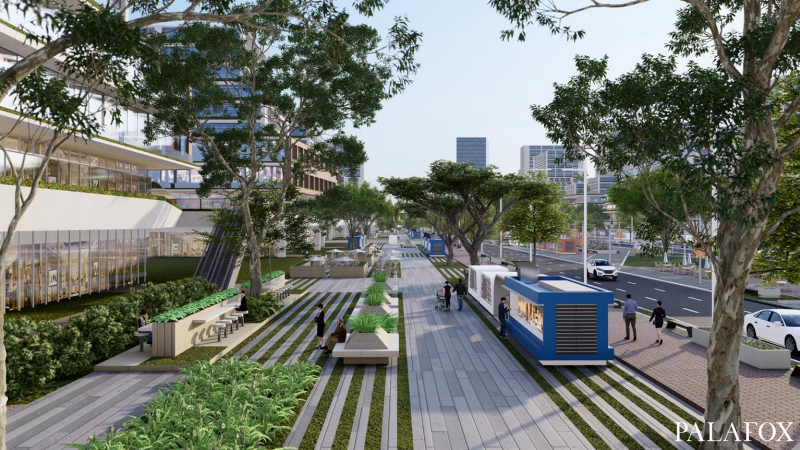
Palafox is one of the pioneers in sustainable architecture, planning, design, and development, which all contribute to driving progress and enhancing quality of life across the country.
His advocacy, meanwhile, underscores professional excellence in architecture, urban planning and design, environmental management, interior and urban design, and responsible property development to promote inclusivity and create healthier communities, towns, cities, provinces, and regions in the Philippines. It pushes the entire group to go beyond the physical structures and look into the socioeconomic aspects of development.
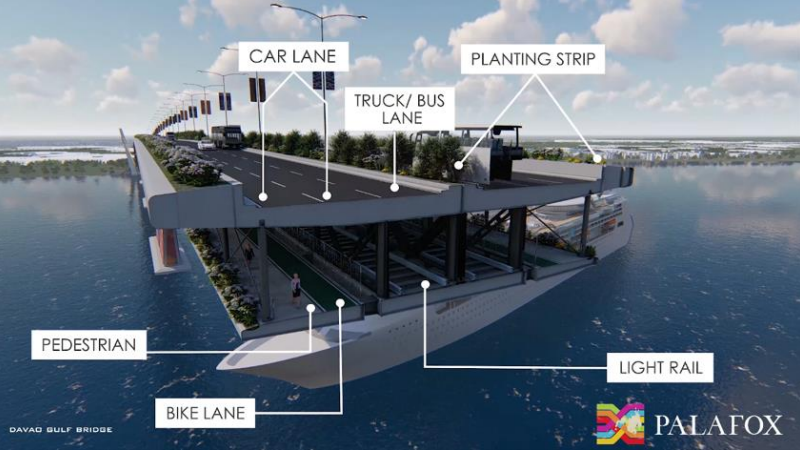
His expertise, experience, and track record over the last five decades equip him to spearhead this initiative, enabling him to help address the challenges facing the nation —from rapid urbanization to climate change—while fostering economic growth and social equity.
His expertise in sustainable urban planning will ensure that new cities are designed to be environmentally sustainable, smart, resilient, connected, and inclusive, which in turn will help ensure safe, livable, and healthy urban environments.
Palafox can also draw on global best practices to design cities as economic hubs, replete with efficient transportation and communication networks to facilitate trade and fuel economic growth.
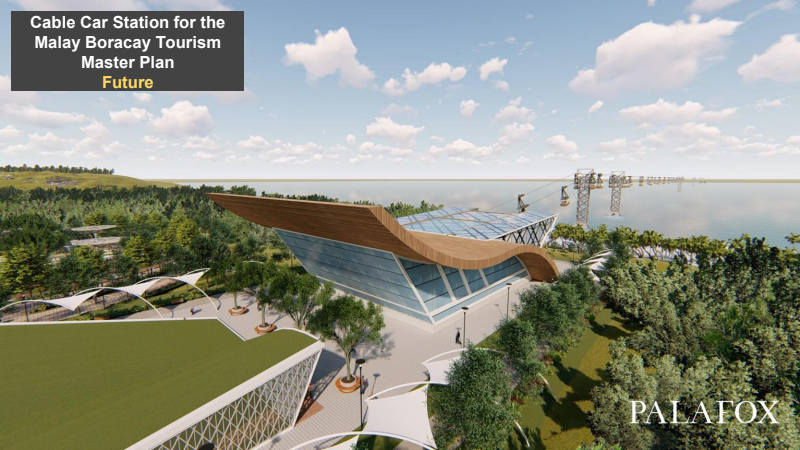
Palafox cited the need to create such new cities that could spur progress even outside city centers and the capital region.
“As the Philippine population continues to grow, we would need 100 new cities that are healthy, sustainable, resilient, livable, and smart by 2050,” Palafox said.
Monumental task
Palafox is well aware that his advocacy is a monumental task, requiring a more holistic approach to sustainable development, inclusive growth, and resilient infrastructure.
According to him, being a First World country will require the following: ensuring good governance, transparency, and the implementation of effective measures to address criminality and ensure peace and order; combating climate change, which involves protecting and enhancing the environment, reducing carbon footprint, mitigating sea level rise, and transforming communities to achieve sustainability and disaster resilience; addressing inequality, which requires fair wealth distribution while enhancing infrastructure with seamless connectivity and disaster-proof design; and achieving most of the United Nations’ 17 Sustainable Development Goals (SDGs) by 2030.
All these proposals are truly bold and ambitious, but Palafox knows that, at the end of day, it still boils down to one factor to get all the necessary things done: political will.













